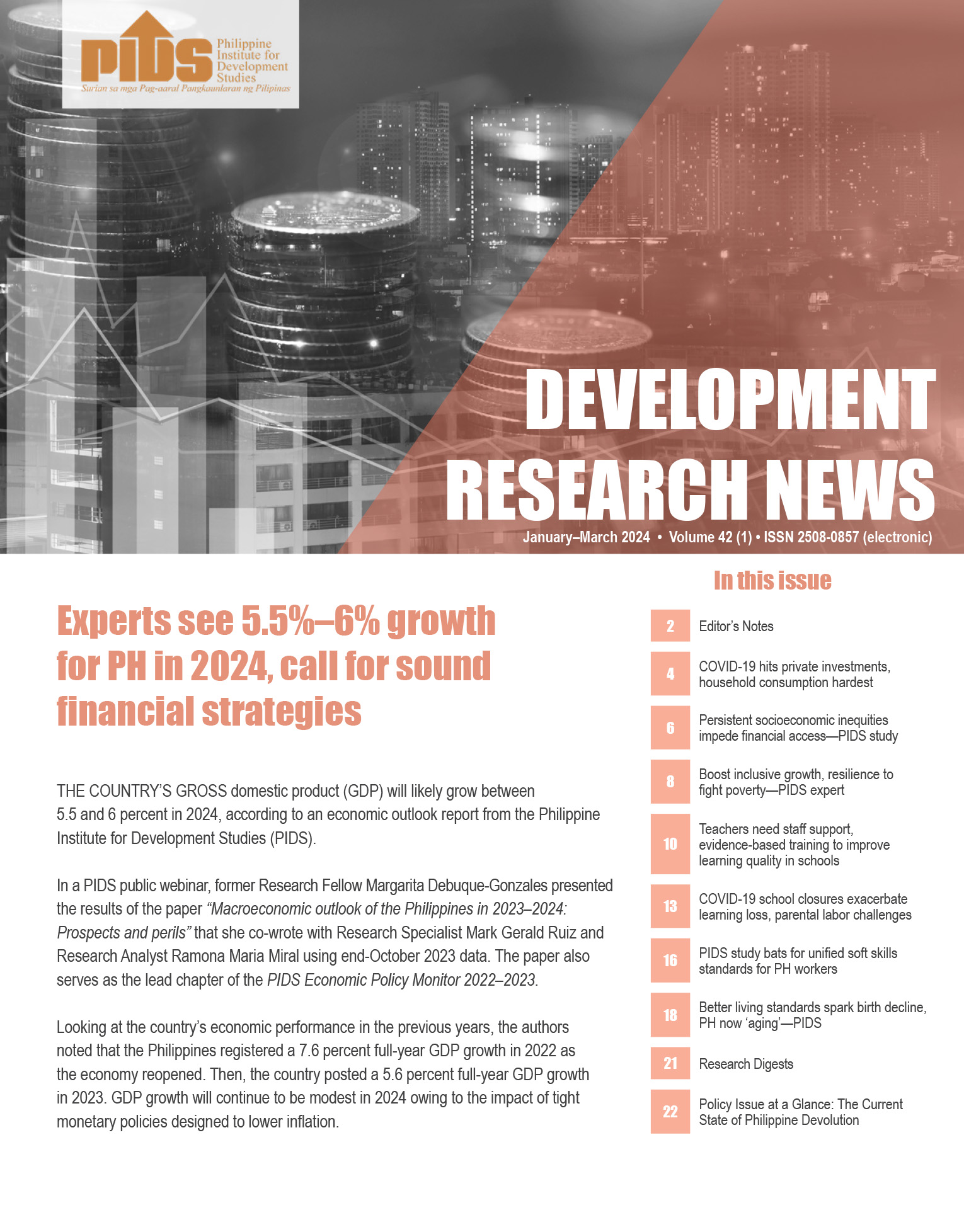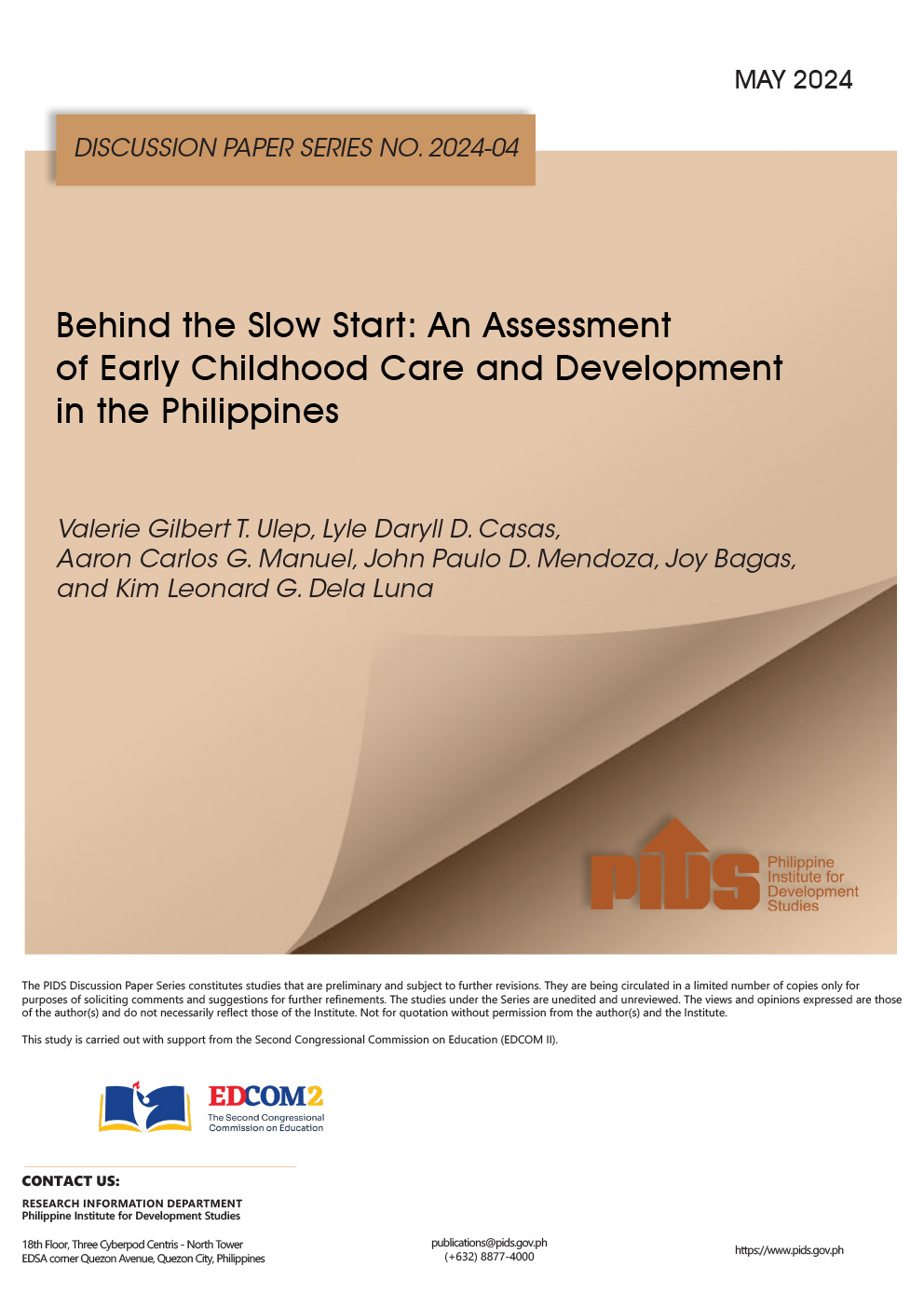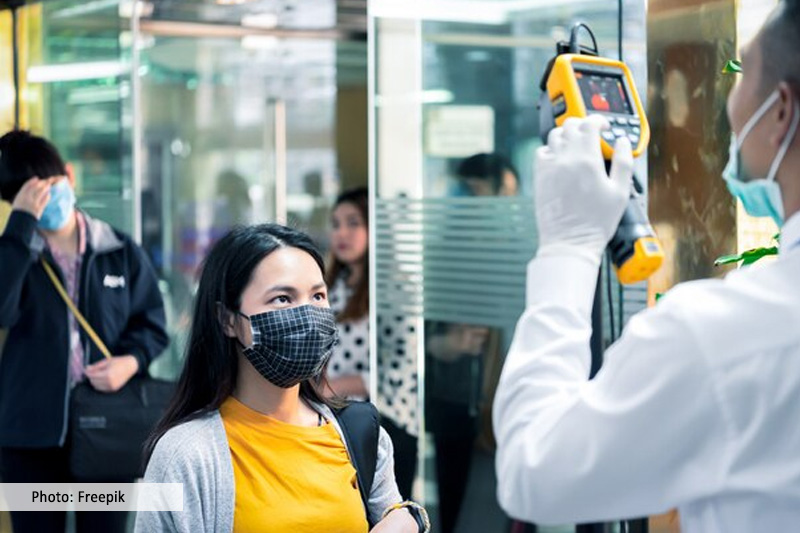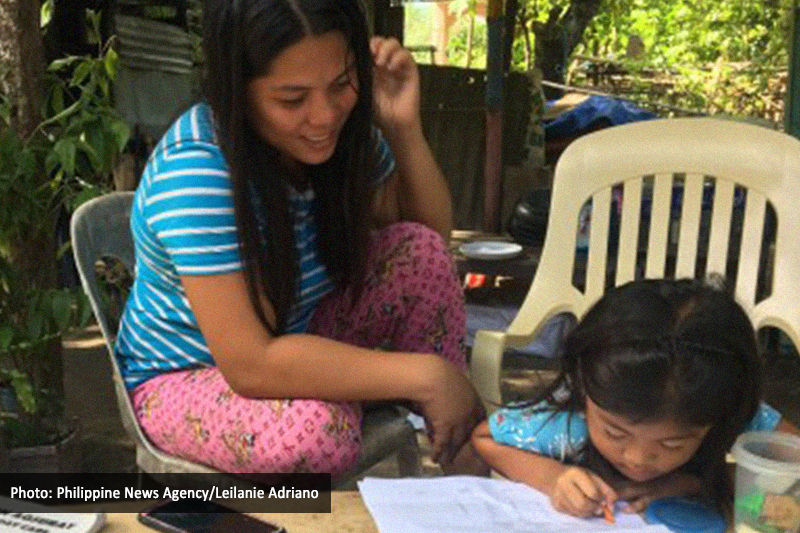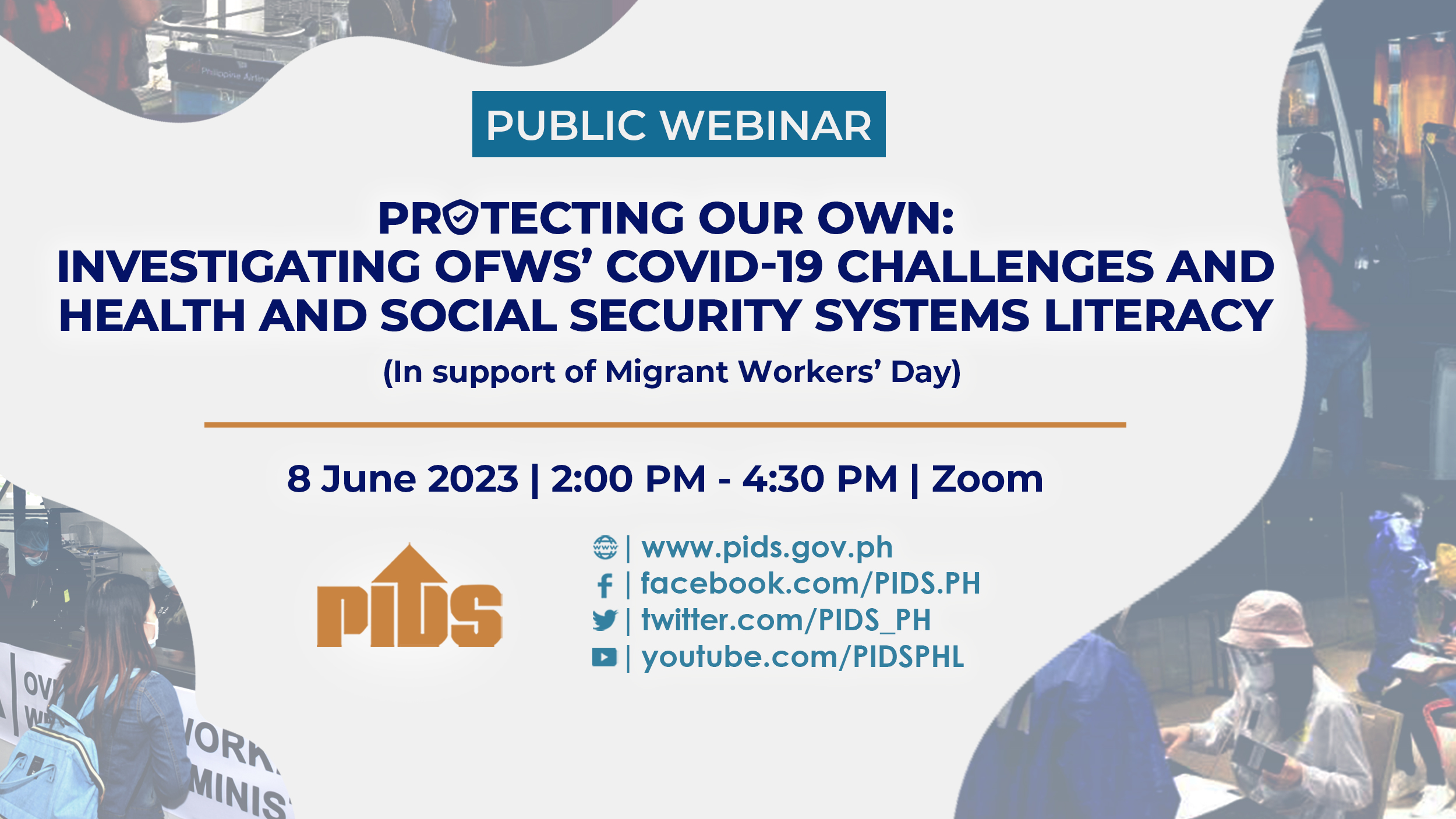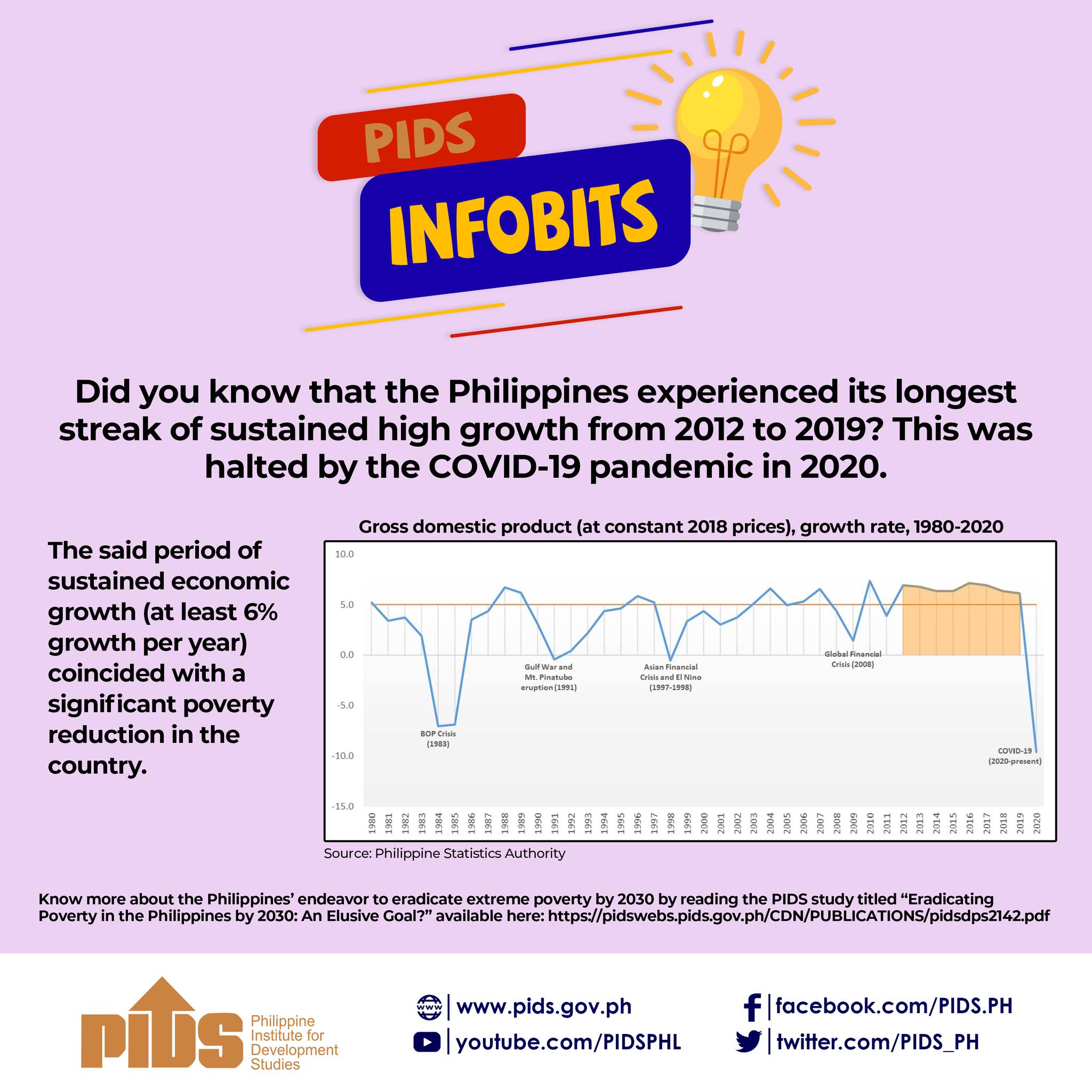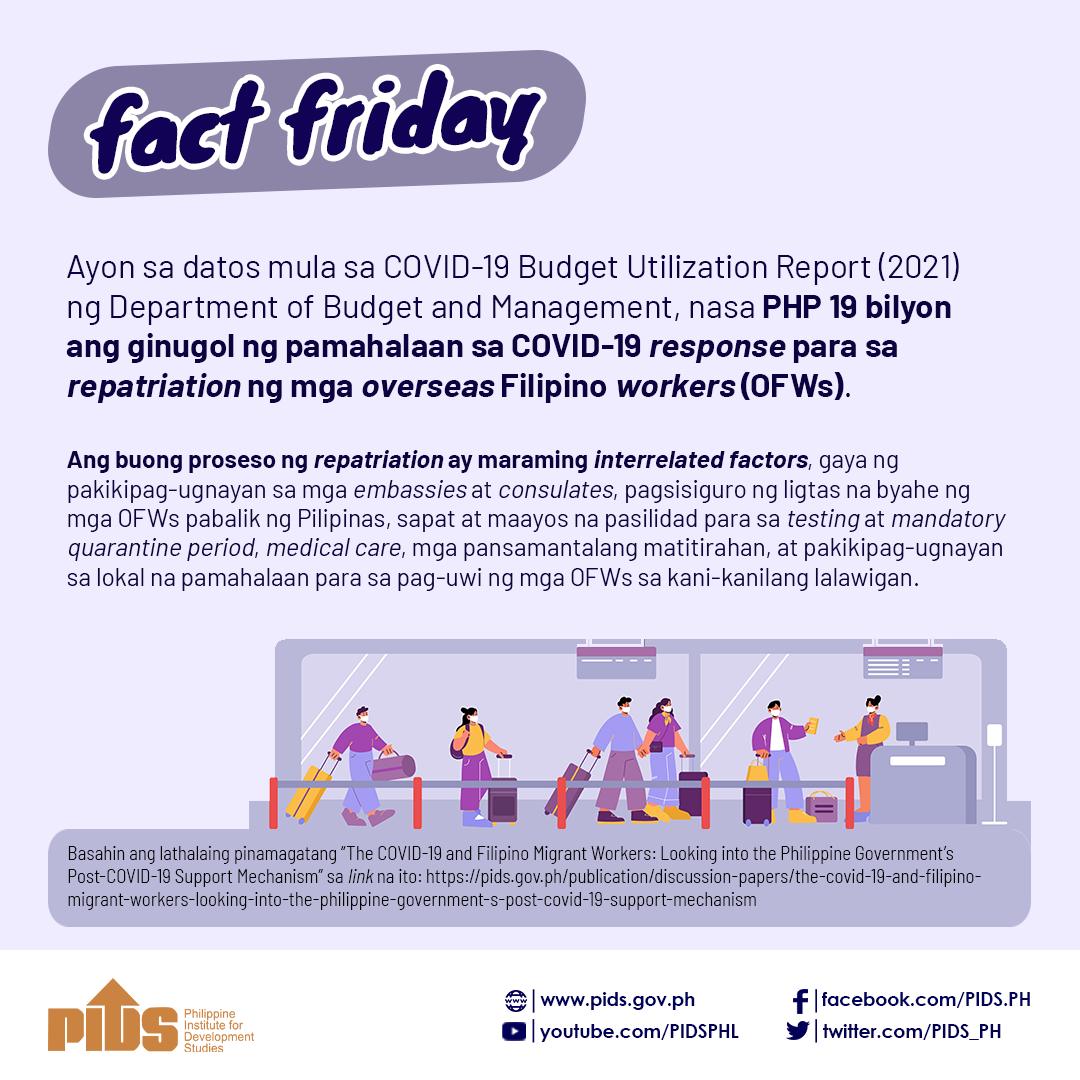With just 11 days till the supposed end of the Luzon lockdown on April 30, there is no clear indication yet where President Duterte is taking this nation of 106 million to save it from the coronavirus (COVID-19) pandemic.
Either way Duterte goes, he could end up with the extremes of (1) lifting the lockdown too early and having large numbers of people dying of the virus or (2) tightening the quarantine and seeing resources drying up just feeding the millions who have lost their means of livelihood.
Whichever direction the President takes, there looms the ugly picture of people dying quickly of the plague or slowly of starvation. If he vacillates on April 30, he lands between the extremes – but the scourge still spreads and takes more lives.
Another fate awaits those who might decide to act on their own. They could get killed or maimed by “my” (Duterte’s) soldiers and policemen on whom he leans heavily to force compliance with draconian measures he has started to impose.
Seeing the relative success, so far, of his quasi-martial law experiment using the coronavirus crisis as an excuse, Duterte might be tempted to make formal what his enforcers and apologists have been calling the “new normal.”
The term refers to a still inchoate regime where citizens’ political and economic rights are sacrificed at the altar of supposed public good. The general rule governing this experiment is: Basta sumunod na lang kayo! (Just obey!)
With large segments of the population sufficiently intimidated or resigned to simply supporting the Davao mayor whom they have installed as president, obedience appears to them as a safer tentative option than resistance.
One danger of the administration’s getting the misimpression that the people are happy, the same ill effects that table surveys create in the unwary public mind, is that the Palace might start believing its own propaganda that everything is under control.
Who knows, President Duterte, despite his having petered out on the job, might be emboldened to try staying beyond 2022 by writing a new social compact with oppressive features field-tested with COVID-19. Or he might toy with the idea of ruling on together with “my” military junta.
It is distressing to see fear and confusion setting in. For lack of public transpo, hungry people risk arrest walking to where they hope to find food or relief. They defy lockdown and curfew rules to fend for their families’ basic needs.
The poor are told to stay home but they have only makeshift dwellings crammed with fellow transients. Like mendicants seeking dole-outs, in election campaign fashion, they find out that the “pantawid” is only for those on the shortlists.
Politicians and others flaunting connections enjoy priority in being tested for the virus, so plain folk never get to know if they have it or not. But even with not enough people tested, the government boasts that only a small number of Filipinos are infected.
This claim glosses over the fact that among the 10 members of the Association of Southeast Asian Nations (ASEAN), the Philippines has the biggest number of confirmed COVID-19 patients at 6,087.
Despite insufficient reliable test data, the government announces a grand intention to lift the lockdown that is draining the coffers normally accessible only to top politicians. It’s crazy! But the presidential spokesman tells the world the mess is the fault of the people!
Medical experts sent by China President Xi Jinping to help solve the plague that started in Wuhan City in China have warned that the Philippines faces a “significant risk” of failing to contain the virus’ spread, because of a shortage of hospital beds, medical supplies, and testing capacities.
President Duterte has often said Xi had assured him of help if the problem worsens, including the sharing of the cure or vaccine that China is developing. Duterte said he expects a breakthrough in a few days.
Bloomberg says otherwise, reporting that more than 200 different programs have been launched to develop vaccines and treatments. With a vaccine unlikely to be developed this year, it said, the near-term hope is an anti-viral treatment that can improve the odds of survival.
Lately, we see telltale cracks in the administration wall. Secretary Ernesto Pernia of the National Economic and Development Authority, who had a ringside view of the shaky system, resigned Friday partly over policy differences in the Palace.
He was quickly replaced with Finance Undersecretary Karl Chua, lead economic planner in the finance department who, during Duterte’s Monday briefing, prefaced his remarks on wage subsidy with “Good evening po, Mr. President, Senator Go, and Cabinet members....”
Pernia has proposed the selective and phased lifting of the lockdown, instead of wholesale removal of the quarantine that has paralyzed economic activity and curtailed the exercise of basic civil rights. We will soon see how Duterte and Chua will handle that issue.
A study by the Philippine Institute for Development Studies has shown that the country’s economic losses due to COVID-19 could reach P2.5 trillion if the pandemic is not contained around the world and global recession sets in. The government socio-economic policy think tank placed the projected losses between P276.3 billion at a best-case scenario and P2.482 trillion at worst.
Majority of senators, meanwhile, have asked for the resignation of Health Secretary Francisco Duque, the point man in the anti-COVID campaign, mostly over his performance. But the President whose pro-China bias Duque has been careful to embrace has refused to let him go.
There are other Cabinet members who have expressed policy opinions that do not coincide with that of Duterte. They bear watching, like the local officials who have shown up Malacañang’s incompetence by applying their own solutions to COVID-related problems in their areas.
Either way Duterte goes, he could end up with the extremes of (1) lifting the lockdown too early and having large numbers of people dying of the virus or (2) tightening the quarantine and seeing resources drying up just feeding the millions who have lost their means of livelihood.
Whichever direction the President takes, there looms the ugly picture of people dying quickly of the plague or slowly of starvation. If he vacillates on April 30, he lands between the extremes – but the scourge still spreads and takes more lives.
Another fate awaits those who might decide to act on their own. They could get killed or maimed by “my” (Duterte’s) soldiers and policemen on whom he leans heavily to force compliance with draconian measures he has started to impose.
Seeing the relative success, so far, of his quasi-martial law experiment using the coronavirus crisis as an excuse, Duterte might be tempted to make formal what his enforcers and apologists have been calling the “new normal.”
The term refers to a still inchoate regime where citizens’ political and economic rights are sacrificed at the altar of supposed public good. The general rule governing this experiment is: Basta sumunod na lang kayo! (Just obey!)
With large segments of the population sufficiently intimidated or resigned to simply supporting the Davao mayor whom they have installed as president, obedience appears to them as a safer tentative option than resistance.
One danger of the administration’s getting the misimpression that the people are happy, the same ill effects that table surveys create in the unwary public mind, is that the Palace might start believing its own propaganda that everything is under control.
Who knows, President Duterte, despite his having petered out on the job, might be emboldened to try staying beyond 2022 by writing a new social compact with oppressive features field-tested with COVID-19. Or he might toy with the idea of ruling on together with “my” military junta.
It is distressing to see fear and confusion setting in. For lack of public transpo, hungry people risk arrest walking to where they hope to find food or relief. They defy lockdown and curfew rules to fend for their families’ basic needs.
The poor are told to stay home but they have only makeshift dwellings crammed with fellow transients. Like mendicants seeking dole-outs, in election campaign fashion, they find out that the “pantawid” is only for those on the shortlists.
Politicians and others flaunting connections enjoy priority in being tested for the virus, so plain folk never get to know if they have it or not. But even with not enough people tested, the government boasts that only a small number of Filipinos are infected.
This claim glosses over the fact that among the 10 members of the Association of Southeast Asian Nations (ASEAN), the Philippines has the biggest number of confirmed COVID-19 patients at 6,087.
Despite insufficient reliable test data, the government announces a grand intention to lift the lockdown that is draining the coffers normally accessible only to top politicians. It’s crazy! But the presidential spokesman tells the world the mess is the fault of the people!
Medical experts sent by China President Xi Jinping to help solve the plague that started in Wuhan City in China have warned that the Philippines faces a “significant risk” of failing to contain the virus’ spread, because of a shortage of hospital beds, medical supplies, and testing capacities.
President Duterte has often said Xi had assured him of help if the problem worsens, including the sharing of the cure or vaccine that China is developing. Duterte said he expects a breakthrough in a few days.
Bloomberg says otherwise, reporting that more than 200 different programs have been launched to develop vaccines and treatments. With a vaccine unlikely to be developed this year, it said, the near-term hope is an anti-viral treatment that can improve the odds of survival.
Lately, we see telltale cracks in the administration wall. Secretary Ernesto Pernia of the National Economic and Development Authority, who had a ringside view of the shaky system, resigned Friday partly over policy differences in the Palace.
He was quickly replaced with Finance Undersecretary Karl Chua, lead economic planner in the finance department who, during Duterte’s Monday briefing, prefaced his remarks on wage subsidy with “Good evening po, Mr. President, Senator Go, and Cabinet members....”
Pernia has proposed the selective and phased lifting of the lockdown, instead of wholesale removal of the quarantine that has paralyzed economic activity and curtailed the exercise of basic civil rights. We will soon see how Duterte and Chua will handle that issue.
A study by the Philippine Institute for Development Studies has shown that the country’s economic losses due to COVID-19 could reach P2.5 trillion if the pandemic is not contained around the world and global recession sets in. The government socio-economic policy think tank placed the projected losses between P276.3 billion at a best-case scenario and P2.482 trillion at worst.
Majority of senators, meanwhile, have asked for the resignation of Health Secretary Francisco Duque, the point man in the anti-COVID campaign, mostly over his performance. But the President whose pro-China bias Duque has been careful to embrace has refused to let him go.
There are other Cabinet members who have expressed policy opinions that do not coincide with that of Duterte. They bear watching, like the local officials who have shown up Malacañang’s incompetence by applying their own solutions to COVID-related problems in their areas.

